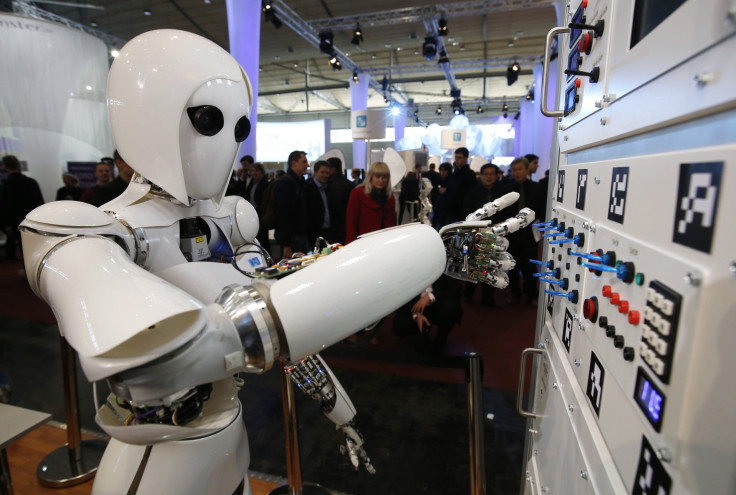Artificial Intelligence May Cost US Millions Of Jobs, Increase Inequality, If Social Safety Nets Aren’t Strengthened, White House Report Warns

Artificial intelligence-driven automation will be a crucial driver of economic growth in the U.S., but if not handled properly, it can also lead to a massive disruption in the current livelihoods of millions of Americans and could — at least in the short term — even increase societal inequality. This is the crux of a new report on the economic impact of AI released Tuesday by the White House.
The report — a follow-up to a previous one released by the White House in October — urges policymakers to be prepared to face “a range of potential outcomes,” as an accurate assessment of the AI’s impact on the economy is dauntingly hard to make.
“It is possible that AI will not have large, new effects on the economy, such that the coming years are subject to the same basic workforce trends seen in recent decades — some of which are positive, and others which are worrisome and may require policy changes,” the White House said in its report. “Because the effects of AI-driven automation will be felt across the whole economy, and the areas of greatest impact may be difficult to predict, policy responses must be targeted to the whole economy.”
Estimates of how many jobs would be lost to AI over the coming decades vary widely, largely because the technology is still in its fledgling state and its disruptive effects on the jobs market are still a few years — if not a few decades — from being widely felt. As a result, the predictions range from a staggering 47 percent of U.S. jobs being at risk from the advent of AI and increase in computerization to a more conservative estimate of about 6 percent.
“Research consistently finds that the jobs that are threatened by automation are highly concentrated among lower-paid, lower-skilled, and less-educated workers,” the White House said in its report. “This means that automation will continue to put downward pressure on demand for this group, putting downward pressure on wages and upward pressure on inequality.”
In order to reconcile the benefits of the technology with its inevitable pitfalls, the report recommends a three-pronged approach — investing and developing AI for its benefits; educating and training Americans for jobs of the future; and aiding workers in the transition in order to ensure a “broadly-shared” growth.
The last step, in particular, would involve expanding the existing entitlement programs and safeguards for workers and families in need. However, over the next four years, far from being expanded, many unemployment protections may be rolled back, as President-elect Donald Trump’s pick for labor secretary, Andrew Puzder, has been an outspoken critic of these social safety nets.
“One implication of this analysis is if you, for example, seriously roll back the social safety net that would potentially be more risky at a time when you have these types of changes in the economy,” Jason Furman, the chairman of the Council of Economic Advisers, told reporters Tuesday. “It would certainly heighten the set of concerns one already would have had.”
© Copyright IBTimes 2024. All rights reserved.





















